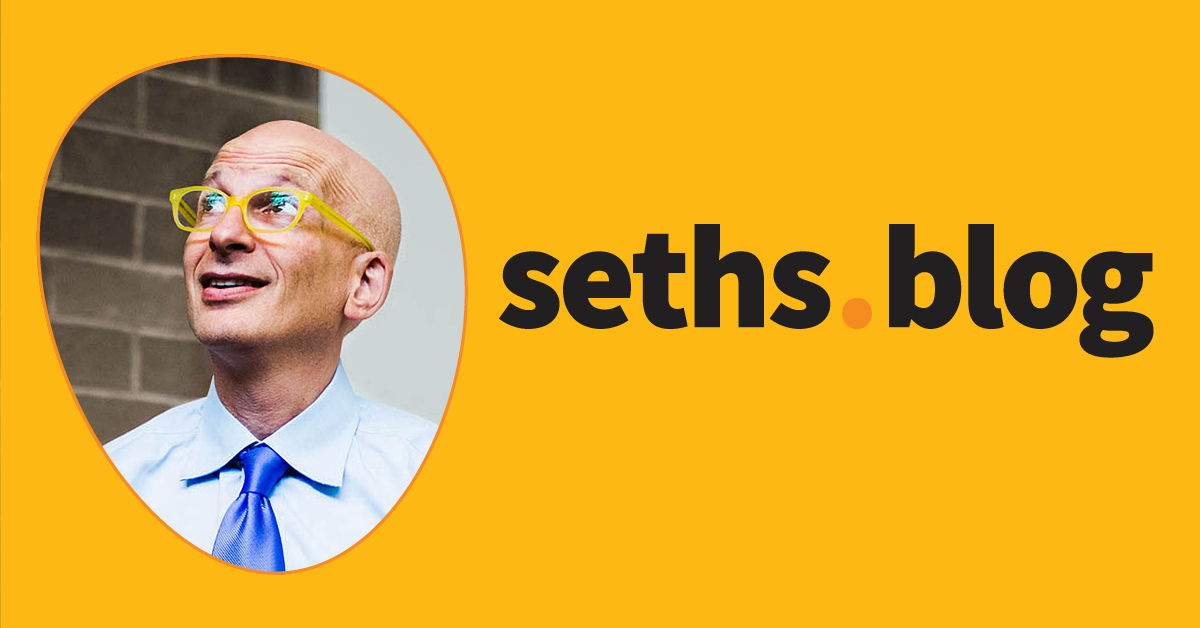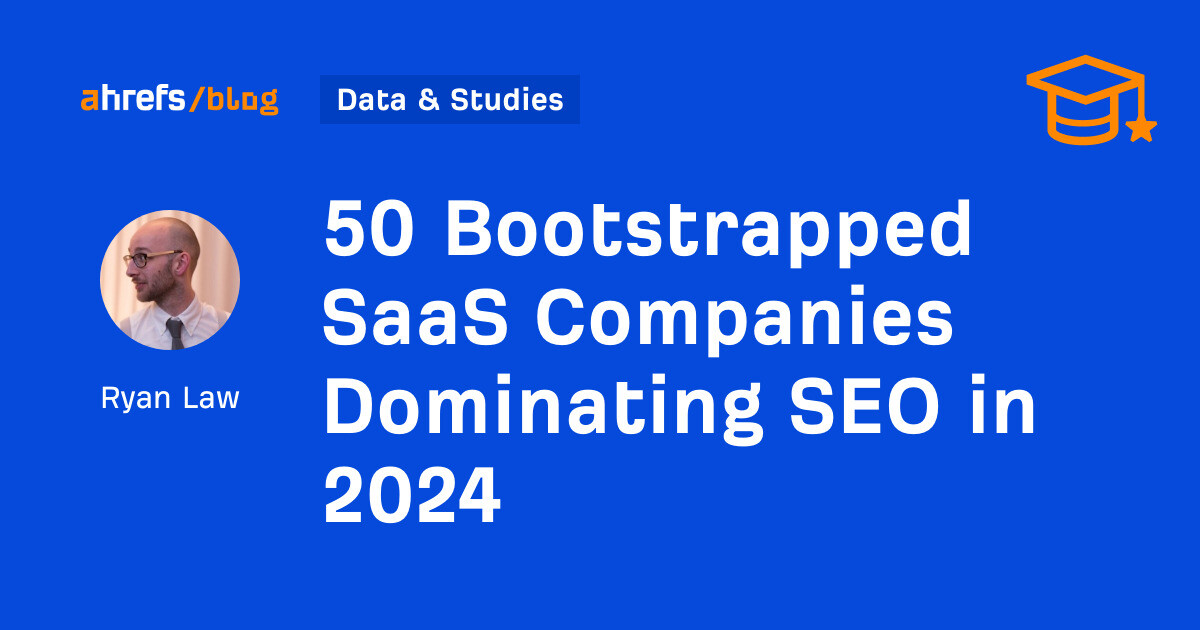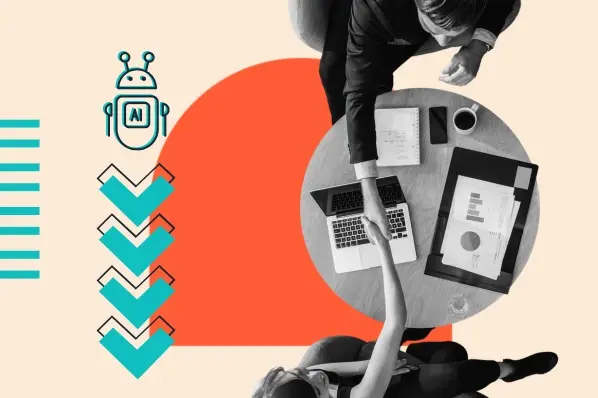Pop culture depends on scarcity. When there are only a few TV stations or a dozen radio stations, it’s likely that many of us watch or hear the same thing at the same time.
And so a popular TV show or song from fifty years ago probably reached twenty times as many people as a popular hit today.
But the long tail brings other benefits. More choices, more innovation.
Not just a long tail of consumption, but also a spectacular decrease in the cost of production. Innovations in computers, cameras and AI mean that people can make content without permission from a gatekeeper.
In the latest AI breakthrough, here’s a recent Paul McCartney song ‘updated’ to use the voice of a young Paul McCartney.
You can hear a quick snippet here:
While this is technically amazing, what it highlights is that within a few weeks, we’re going to see thousands (or millions) of new songs created by AI and available on YouTube and streaming channels. Some of them will be mediocre. Some will be breakthroughs. And a few will be hits.
Creating music (or writing) is an inherently human activity, and it doesn’t go away. What does go away, though, is the commercial dynamic of thousands of someones in Nashville or Hollywood hitting it big big big with nothing but a typewriter or a guitar.
The end of pop and the rise of the long tail and AI brings us back a century. Just like it used to be–small circles of people, not mass markets. But this time with endless choice and a business model that is hard to visualize.
PS my friend Paige has a new book out. You can read the digital edition for free with password friend.



![How to Optimize for Google’s Featured Snippets [Updated for 2024]](https://moz.com/images/blog/Blog-OG-images/How-to-Optimize-for-Googles-Featured-Snippets-OG-Image.png?w=1200&h=630&q=82&auto=format&fit=crop&dm=1724004002&s=13df73104762982790dab6dc8328023f)


